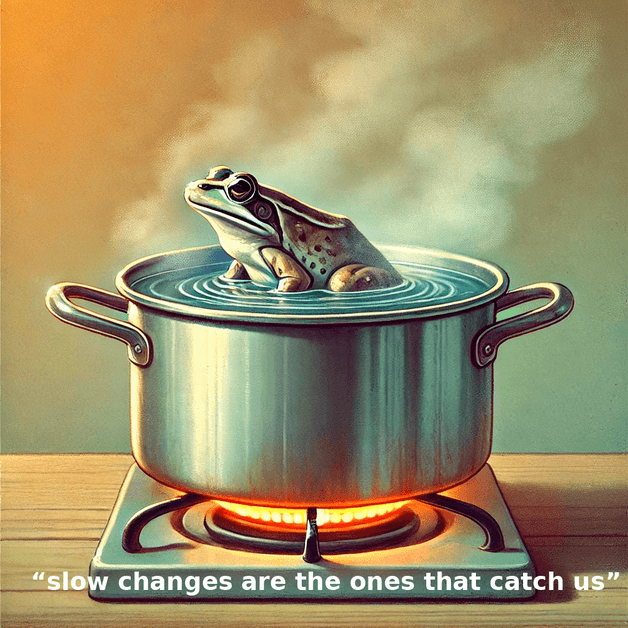I didn’t know I wasn’t relaxed until I was.
I thought I was. I told myself I was. I was away on holiday, that means you are relaxed, surely? But it wasn’t until day seven of my recent nine-day break that something in me finally exhaled. I felt my shoulders drop, my jaw soften, my breath slow, and that heightened sense of always being short of time and patience finally shift. The noise in my head quietened. And then it hit me: this is what relaxed feels like.
We live in a world that rewards busyness and praises productivity, yet punishes pause. Even when we are “off”, we’re not really off. Our minds keep churning through to-do lists, worries, and unfinished conversations. We check emails on holiday, reply to messages late at night, , and call it “just keeping on top of things”. But here’s the truth– keeping on top of everything is often what keeps us from truly letting go.
“The control freak in me struggles with the letting go. This time I did recognise this when I finally relaxed. I am trying to do better this year with looking after myself. I have scheduled a week off every six weeks, but on this first trip I found it challenging not to keep on top of things!”
The science of switching off
According to research from the UK’s Mental Health Foundation, over 74% of adults have felt so stressed at some point in the last year they felt overwhelmed or unable to cope. Chronic stress doesn’t just impact our emotional health– it messes with sleep, digestion, immunity, and even how our brain functions.
And the catch? We often don’t even realise we are stressed. Like frogs in slowly boiling water, we adapt until the discomfort becomes our new normal.
Studies suggest it takes at least 3-4 days of geniune rest beofre the nervous system begins to recalibrate. That’s why long weekends rarely feel long enough. It’s also why we sometimes return from holidays still tense– we never actually gave our body or mind permission to switch off.

So how do we actually relax?
It sounds simple, but truly relaxing– not just zoning out in front of a screen– is a skill. Here are a few things that help me, and it might help you too:
1) Stop filling every gap. Every quiet moment does not need to be filled. Give your brain space to idle. That’s where recovery starts.
2) Reclaim “boring”. Simple tasks like walking, pottering, journalling (this is not for me as I start working, I so wanted to write this blog when it popped into my head while away. It kept popping into my mind, so I wrote relaxation blog down and then let it go until now.), watching the baby ducks, buying nice food to cook on the BBQ, just sitting and chatting to our camping neightbours. Just sitting and feeling the sun and the grass, watching the clouds is underrated and my nervous system gold.
3) Find your version of off. For you it might be nature, For others it might be movement. I needed to be away from home and normal. I stopped charging my watch, phone and ipad. I told myself it was ok to be lazy, that I was recharging, no deadlines and no demands.
4) Name what you are carrying. Sometimes you need to pause and ask yourself what you are still holding onto? Or at least notice when you let go like I did. Naming our load helps us begin to put it down.
5) Honour the time it takes. If it took months to wind yourself up, you won’t unravel in a single evening. Be patient. Be kind. Let the process be what it is.
A quiet permission
If you have forgotten what relaxed feels like, you are not alone. If you have been telling yourself “I’m fine” but feel edgy, tired or numb– that’s worth listening to. You don’t need a tropical island or luxury spa (we found our paradise on a campsite and country park in West Yorkshire ![]() , the weather was kind and the sun shone brightly
, the weather was kind and the sun shone brightly ![]() ). What you need is time, space, and permission to simply be.
). What you need is time, space, and permission to simply be.
So here’s yours: permission to do nothing.
Permission to breathe, soften, let go– even if only for a few minutes at a time (I need to do this more).
You deserve more than survival. You seserve rest that actually restores you.

A great blog. Nice reminder that it’s OK to stop everything and enjoy something simple like a walk.
It’s funny how we think a holiday automatically activated relaxation. I have been sleeping until around 5-5.30am since returning. My norm is 4am. I guess this will creep back in and as it does I need my next break